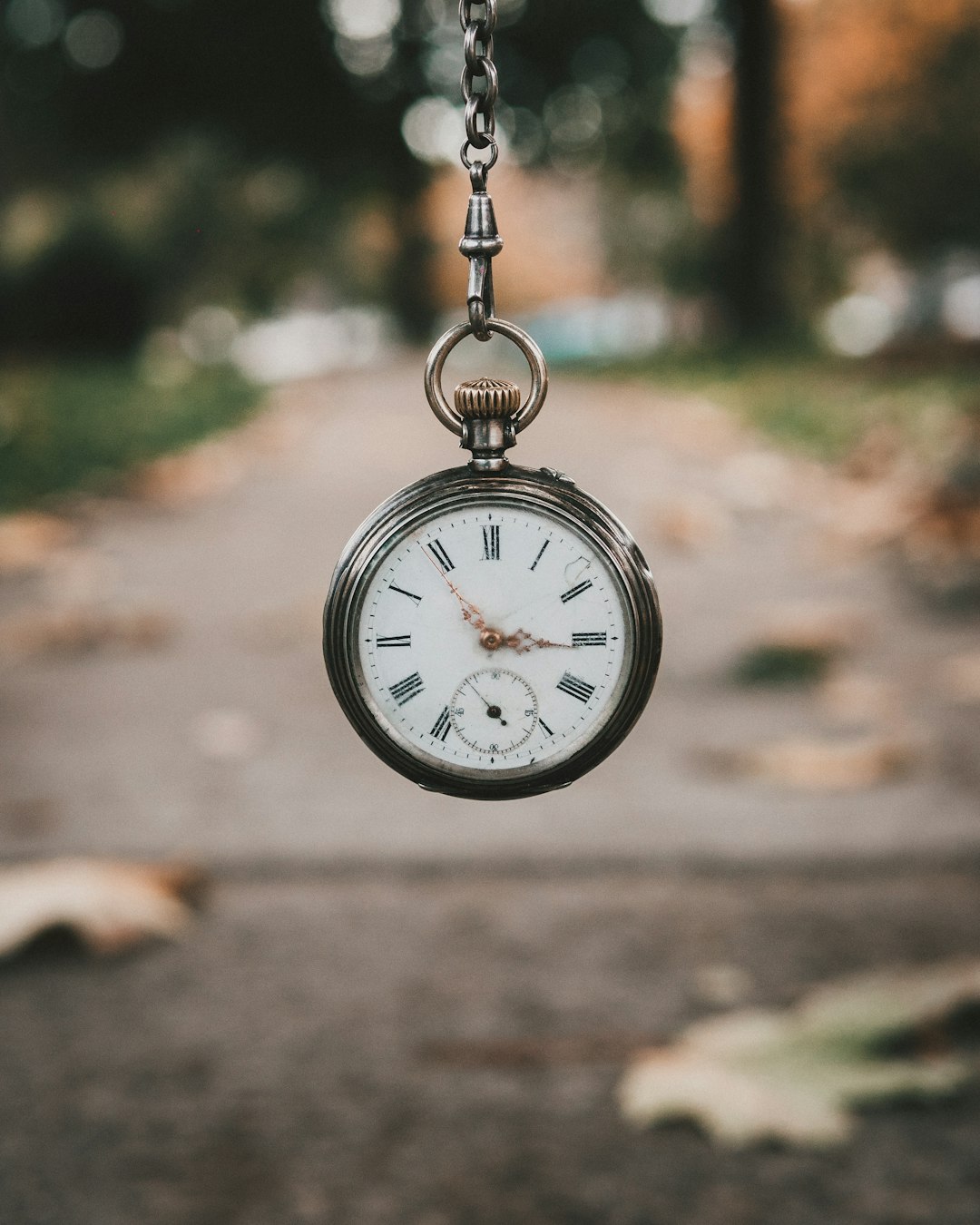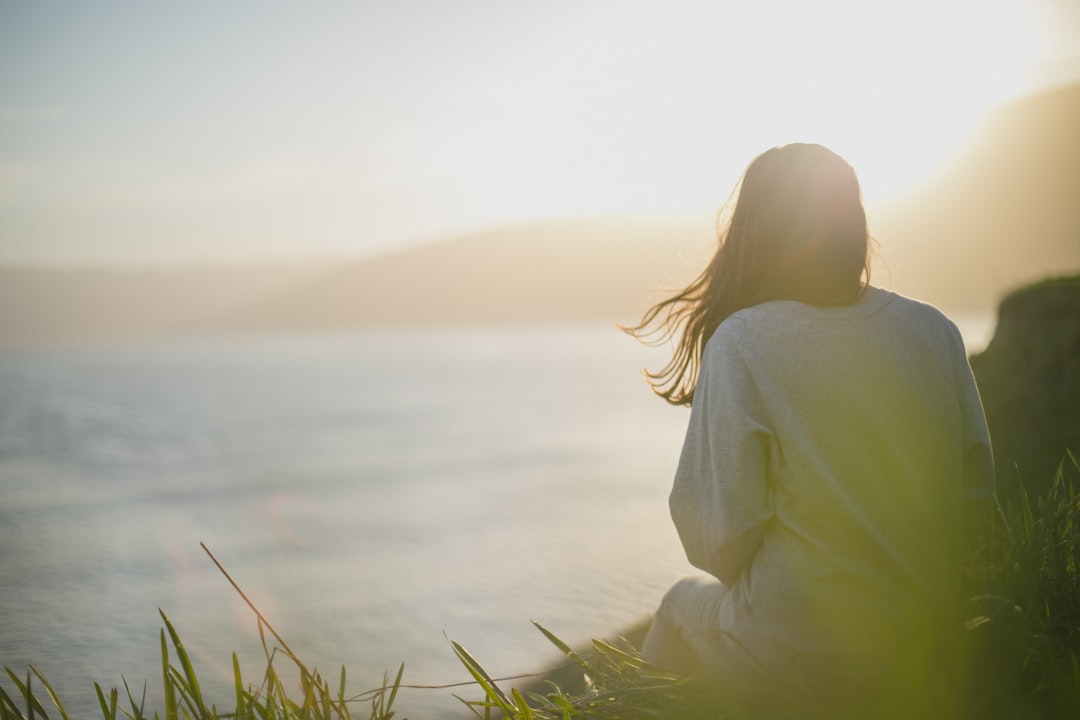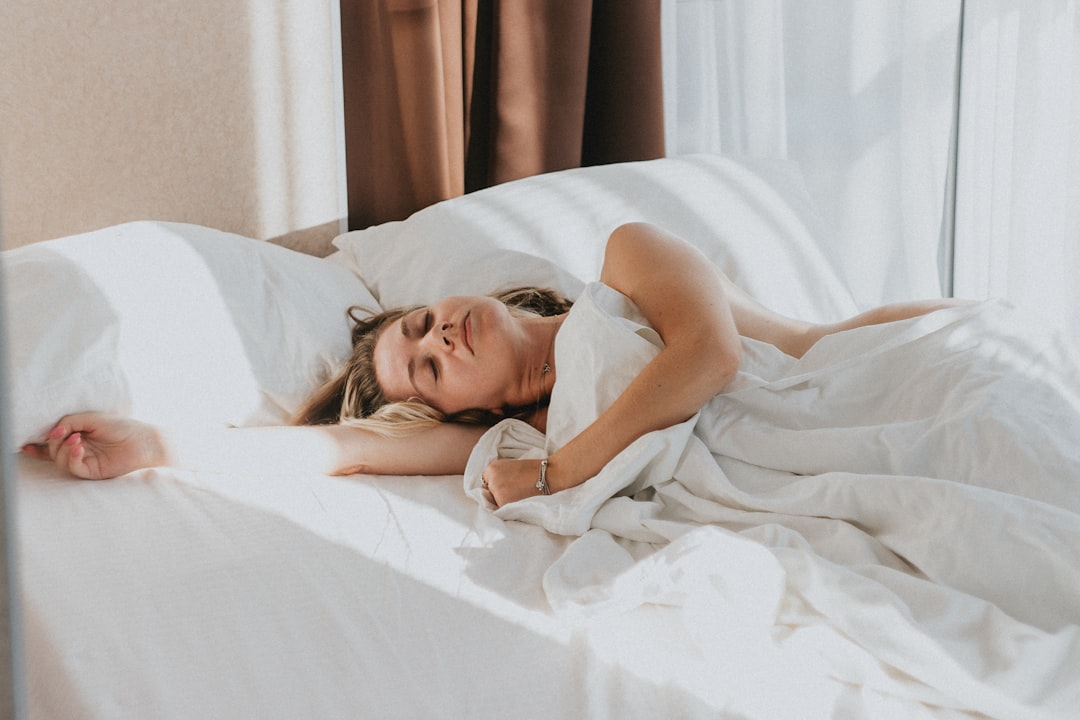Four days in and I am still recovering from Daylight Savings Time and so is my class.
Every year, we set our clocks forward in the spring and back in the fall, resulting in an hour of lost or gained sleep. This practice, known as Daylight Savings Time (DST), has been around for over a century, but is it really necessary? And what impact does it have on our health and well-being?
The History of Daylight Savings Time
The Origin of DST

The concept of DST was first proposed by Benjamin Franklin in 1784, but it wasn't until World War I that it was implemented as a way to conserve energy. By adjusting the clocks, people could take advantage of the extra daylight in the evenings and reduce the need for artificial lighting.
After the war, DST was abandoned, but it was brought back during World War II for the same reasons. In 1966, the Uniform Time Act was passed in the United States, establishing DST as a nationwide practice.
The Current State of DST
Today, DST is observed in over 70 countries, with some exceptions such as China, Japan, and India. In the United States, DST begins on the second Sunday in March and ends on the first Sunday in November.
However, not all states in the US follow DST. Arizona and Hawaii do not observe DST, and there have been recent efforts to abolish it in other states as well.
The Impact of DST on Our Circadian Rhythm
What is the Circadian Rhythm?
Our circadian rhythm is our body's internal clock that regulates our sleep-wake cycle. It is influenced by external factors such as light and temperature, and it plays a crucial role in our overall health and well-being.
Disrupting Our Internal Clock

The time change caused by DST can disrupt our circadian rhythm, leading to sleep disturbances and other health issues. Our bodies are used to a certain schedule, and suddenly changing it can throw off our internal clock.
Studies have shown that the Monday after the spring time change, there is a 24% increase in heart attacks, likely due to the disruption of sleep patterns. Additionally, there is an increase in workplace injuries and car accidents in the days following the time change.
Children and DST
Children are particularly affected by DST, as their circadian rhythm is still developing. Studies have shown that children experience more sleep disturbances and behavioral issues after the time change, leading to difficulties in school and at home.
What Can We Do to Mitigate the Negative Effects of DST?
Adjusting Our Sleep Schedule

One way to mitigate the negative effects of DST is to gradually adjust our sleep schedule leading up to the time change. This can help our bodies adapt to the new time and minimize the disruption to our circadian rhythm.
Using Light Therapy
Light therapy, also known as phototherapy, involves exposing ourselves to bright light at specific times to help regulate our circadian rhythm. This can be particularly helpful for those who struggle with seasonal affective disorder (SAD) during the darker winter months.
Pushing for Change

As mentioned earlier, there have been efforts to abolish DST in certain states. Advocates argue that the practice is outdated and no longer serves its original purpose of conserving energy. They also point to the negative effects on health and safety as reasons to end DST.
If you feel strongly about this issue, consider reaching out to your local representatives and pushing for change in your state.
Conclusion
Daylight Savings Time has been a controversial practice since its inception, and its effects on our health and well-being cannot be ignored. While it may seem like a small inconvenience, the time change can have a significant impact on our circadian rhythm and overall health.
By understanding the history of DST and its effects on our bodies, we can take steps to mitigate its negative impact and push for change in our communities. Let's work towards a future where our internal clocks are not disrupted twice a year, and we can all get a good night's sleep.
No comments:
Post a Comment
I love comments. Please feel free to leave a comment. I would love to talk to you further